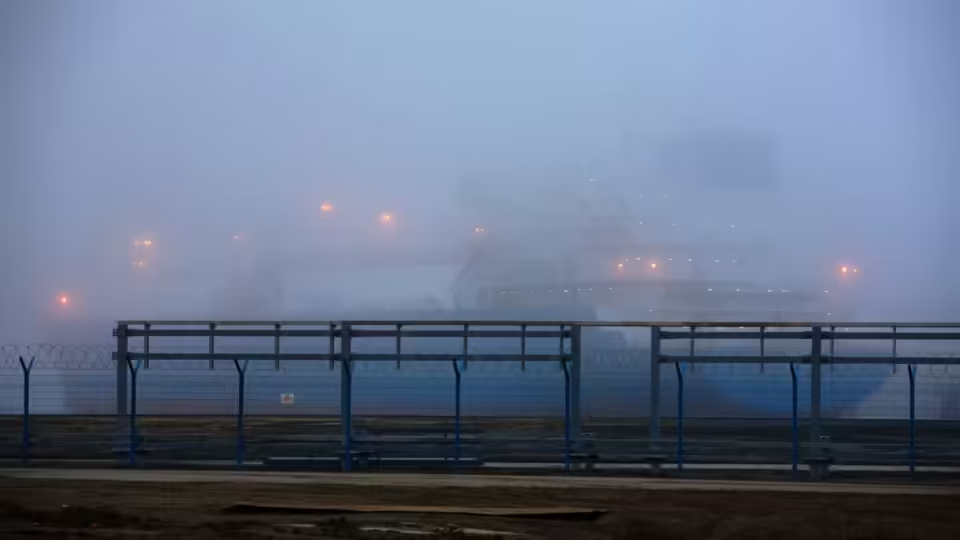Mysterious buyers with suspected links to Russia have begun amassing dozens of vessels capable of carrying liquefied natural gas, in moves that suggest Moscow is expanding its “dark fleet” of energy tankers.
Shipping industry insiders say a clutch of previously unknown companies, largely registered in the United Arab Emirates, have rapidly acquired LNG vessels over the past year, driving up market prices, especially for the oldest ships.
The buying spree has echoes of how Moscow established a dark fleet of tankers to shuttle oil around the globe in the face of western sanctions, often using the UAE as a centre for energy trades.
Although Russian LNG sales are less affected by western sanctions than oil, Moscow has been preparing for restrictions to tighten.
Since the second quarter of 2023, more than 50 LNG vessels have changed ownership to companies located in the UAE, according to Windward, a risk consultancy for shipowners and governments.
Prior to that, such transactions were rare. Column chart of Number of ownership changes per quarter showing LNG vessels changing ownership to UAE-located companies is increasing Ship tracking group Kpler’s risk and compliance team said the developments in the LNG tanker market pointed “to a complex network of maritime operations potentially linked to Russian interests”.
Some of the Dubai-based groups have opaque ownership structures that are similar to those operating Moscow’s dark fleet of oil tankers. Some of the newly acquired LNG vessels are now navigating routes traditionally used for transporting gas from Russia, according to Kpler.
Its ship-tracking data showed one vessel loading LNG from Yamal, Russia’s flagship export project that has yet to be hit by sanctions.
LNG has grown in importance for Russia’s wartime economy, providing valuable income after the loss of pipeline exports to Europe since its full- scale invasion of Ukraine in 2022.
Both the EU and Asia, big markets for Russian LNG, have refrained from imposing a ban on imports to avoid disruption to the global gas market. But the west has begun to take steps to restrict trade.
In June, the EU approved restrictions that will forbid the unloading of Russian LNG from large icebreaking ships on to smaller vessels at EU ports, significantly limiting Russia’s options for distributing its gas globally.
Russia’s big LNG project, Arctic LNG 2, has also been placed under sanctions by the US, making it increasingly difficult to ship cargoes out of the project.
Traders say more opaque fleets could facilitate trading out of projects under sanctions, as well as boosting Russia’s operations in the market.
The increased buying has driven up the price of cheaper and less efficient LNG ships that are more than 15 years old, according to data from SSY, a shipbroker that facilitates vessel sales between owners.
One LNG vessel built in 2007 sold for about $50mn in 2022, but this year, one was sold for $80mn. “The market for old steam turbine LNG ships had declined with increasing environmental regulations, as well as dramatic improvements in LNG propulsion technology,” said Toby Dunipace, managing director of LNG at SSY. “[But we have] seen a resurgence in the value of these types of vessels. Some of the explanation could be that they are going to the dark fleet.”
The control room at an LNG plant in Russia Developments in the LNG tanker market pointed ‘to a complex network of maritime operations potentially linked to Russian interests’, a ship tracking group says © Andrey Rudakov/Bloomberg The developments have alarmed those in the industry already concerned by a rapid increase in the number of ageing vessels trading restricted oil, used by shipowners moving Russian cargoes outside of the western sanctions regime.
Such ships are less likely to be insured against disasters but are much more vulnerable to accidents and spillages.
Dunipace said SSY’s LNG team always puts new customers through a sanctions check, but recent developments have put the risks “much more in focus” as Russia prepares for future restrictions on LNG exports.
He added that the broker has already had to turn down a handful of potential customers this year, including one last week, due to failed sanctions checks.

